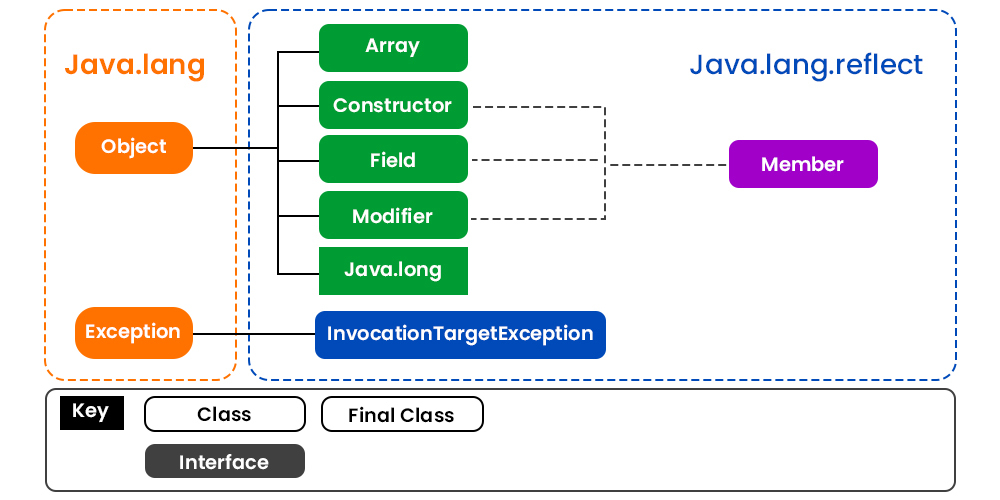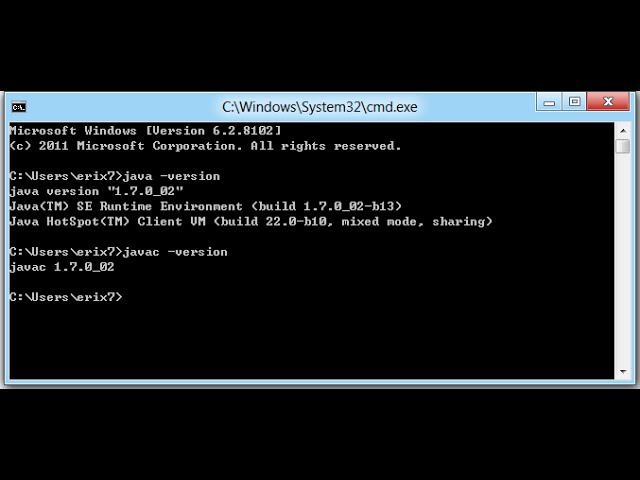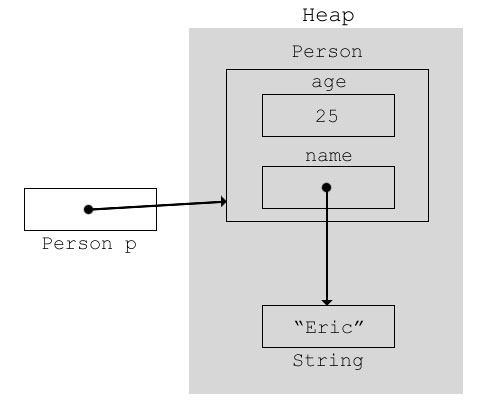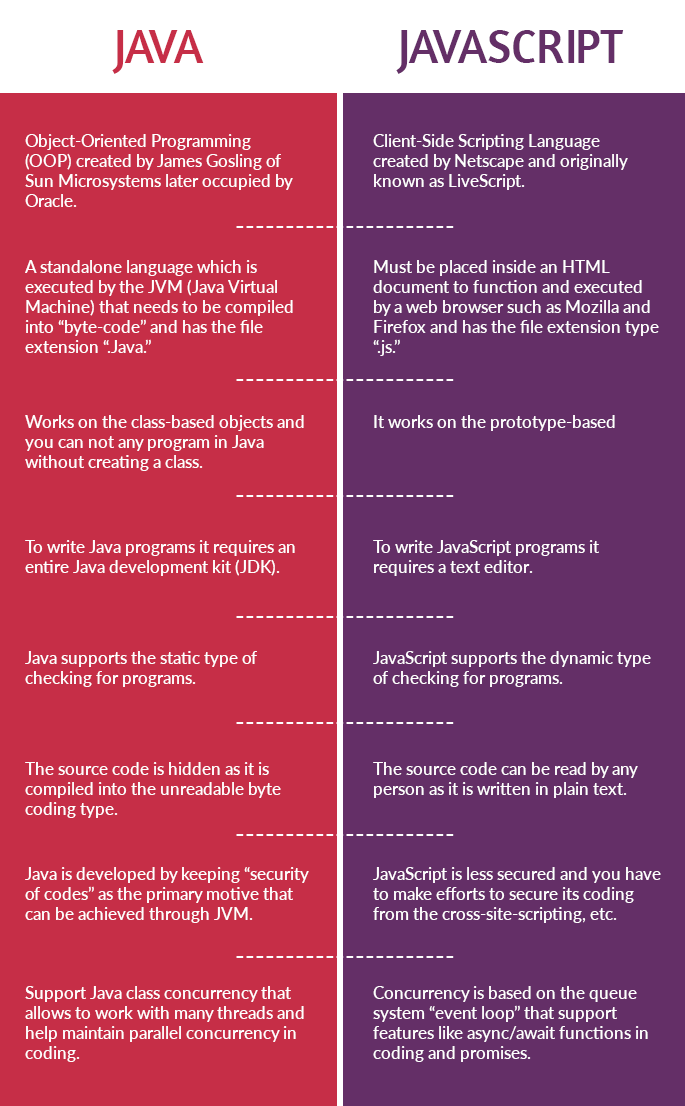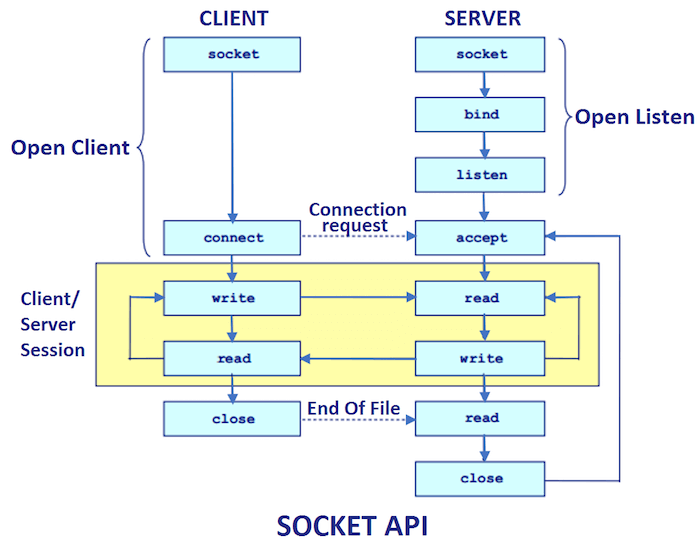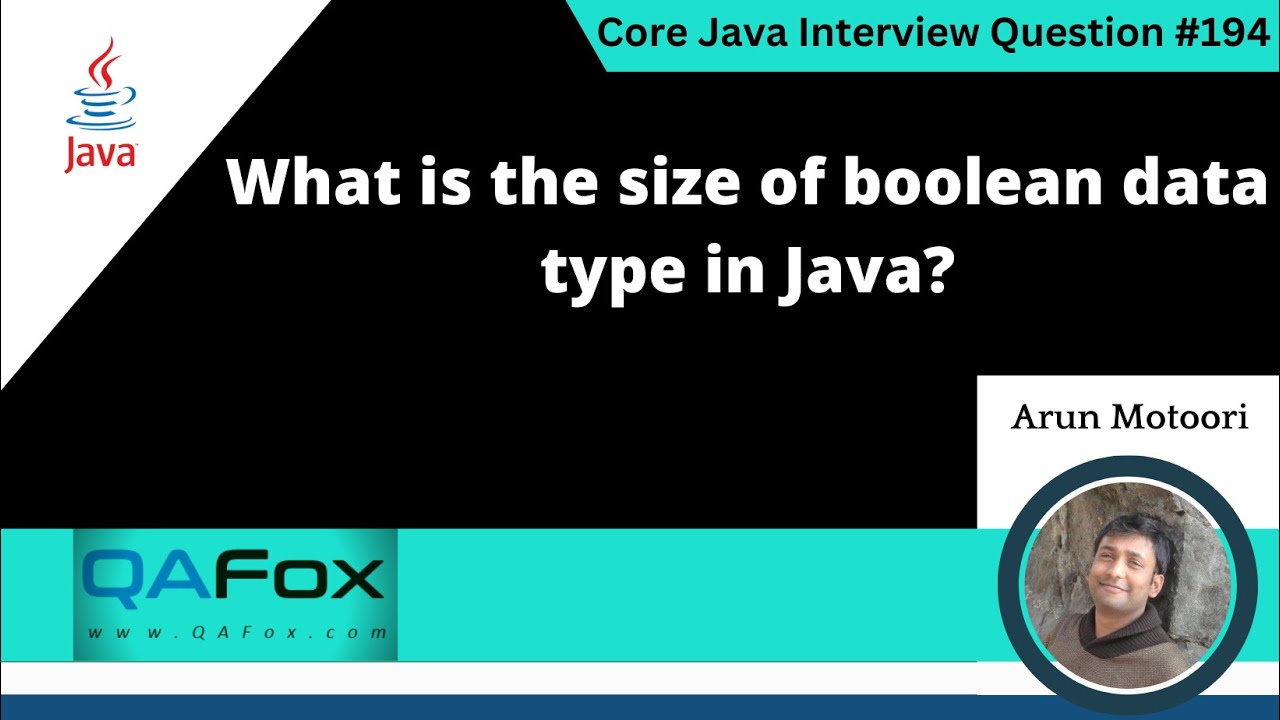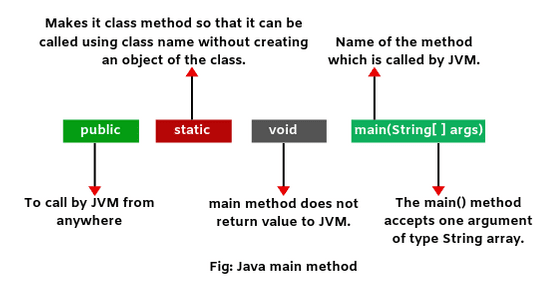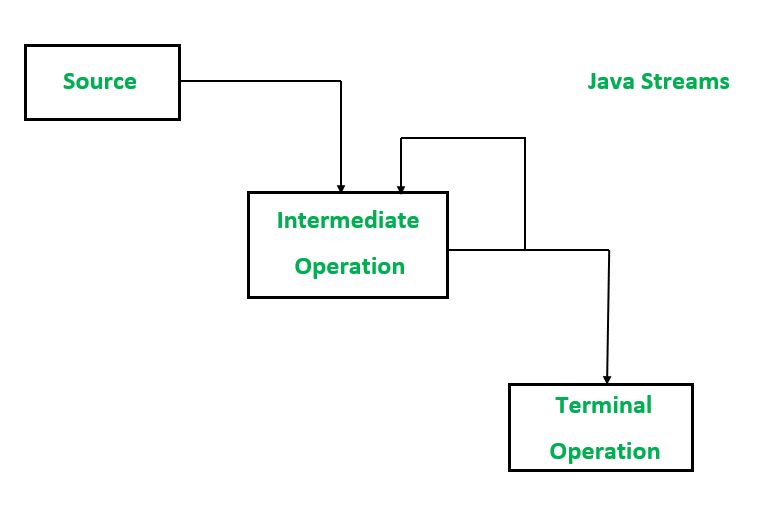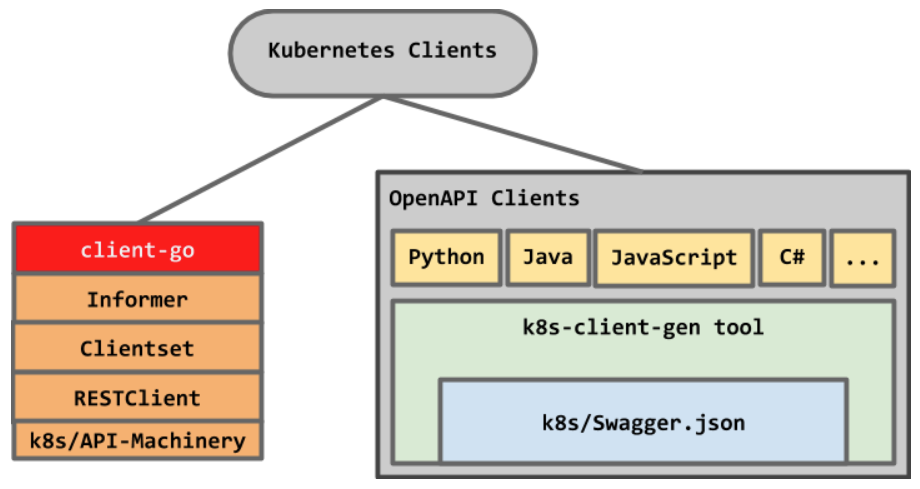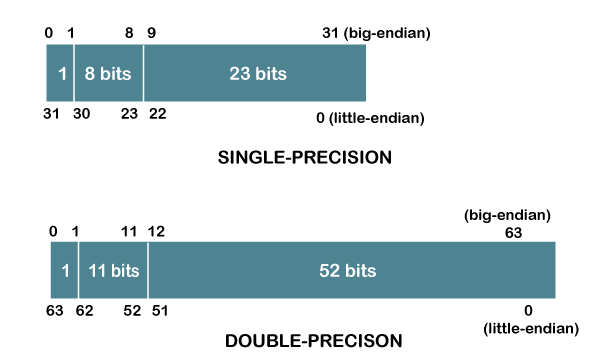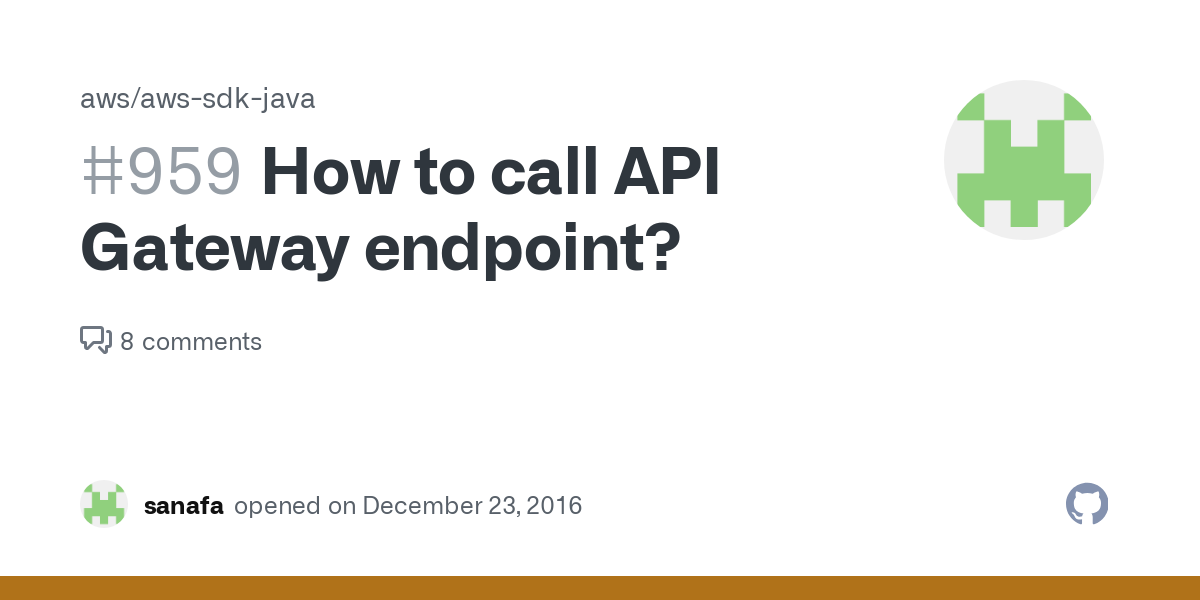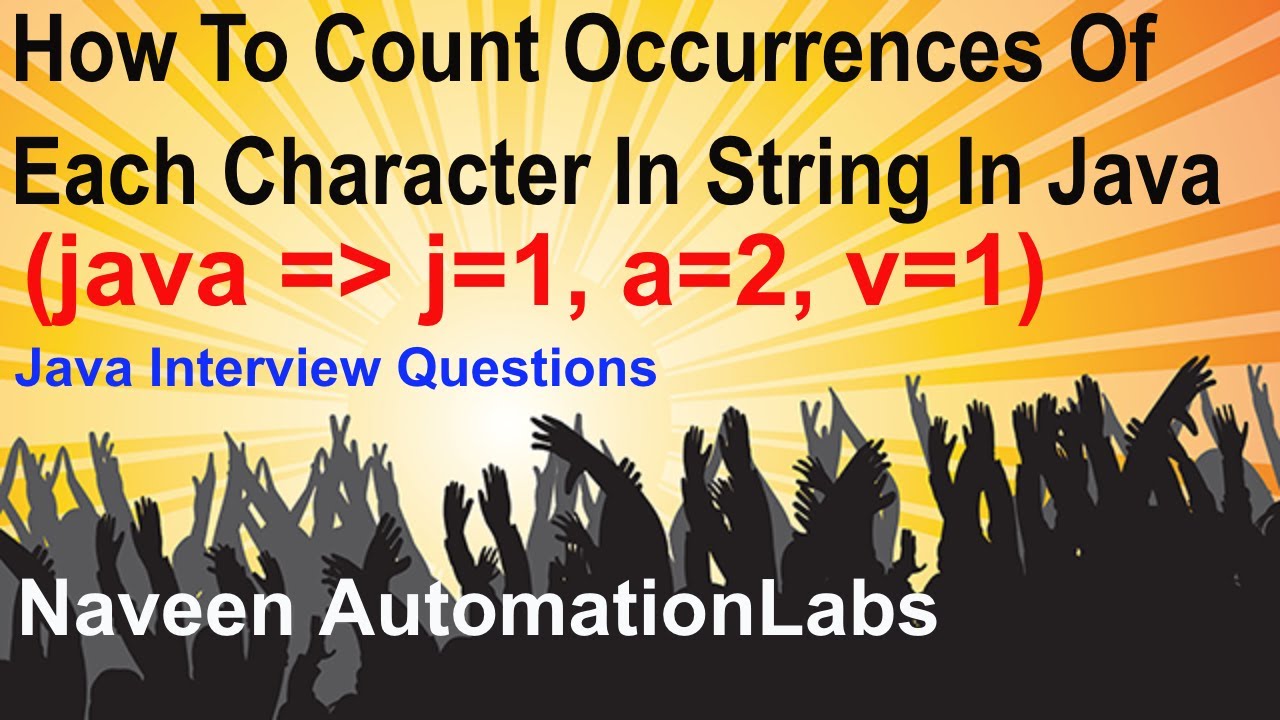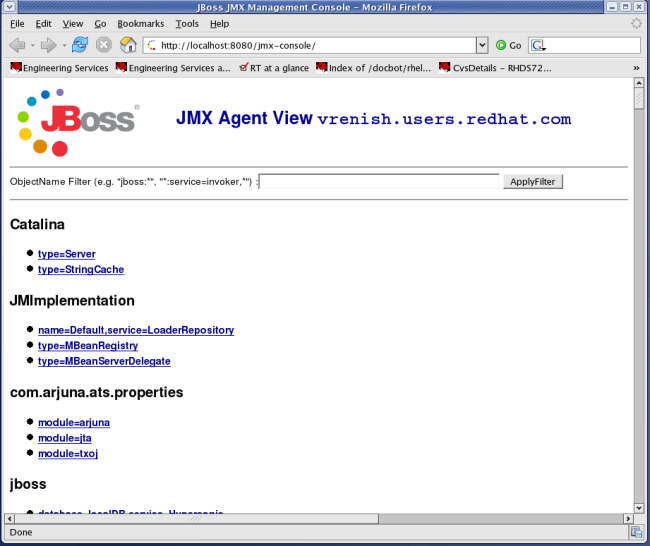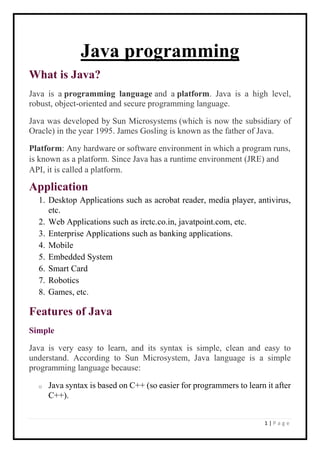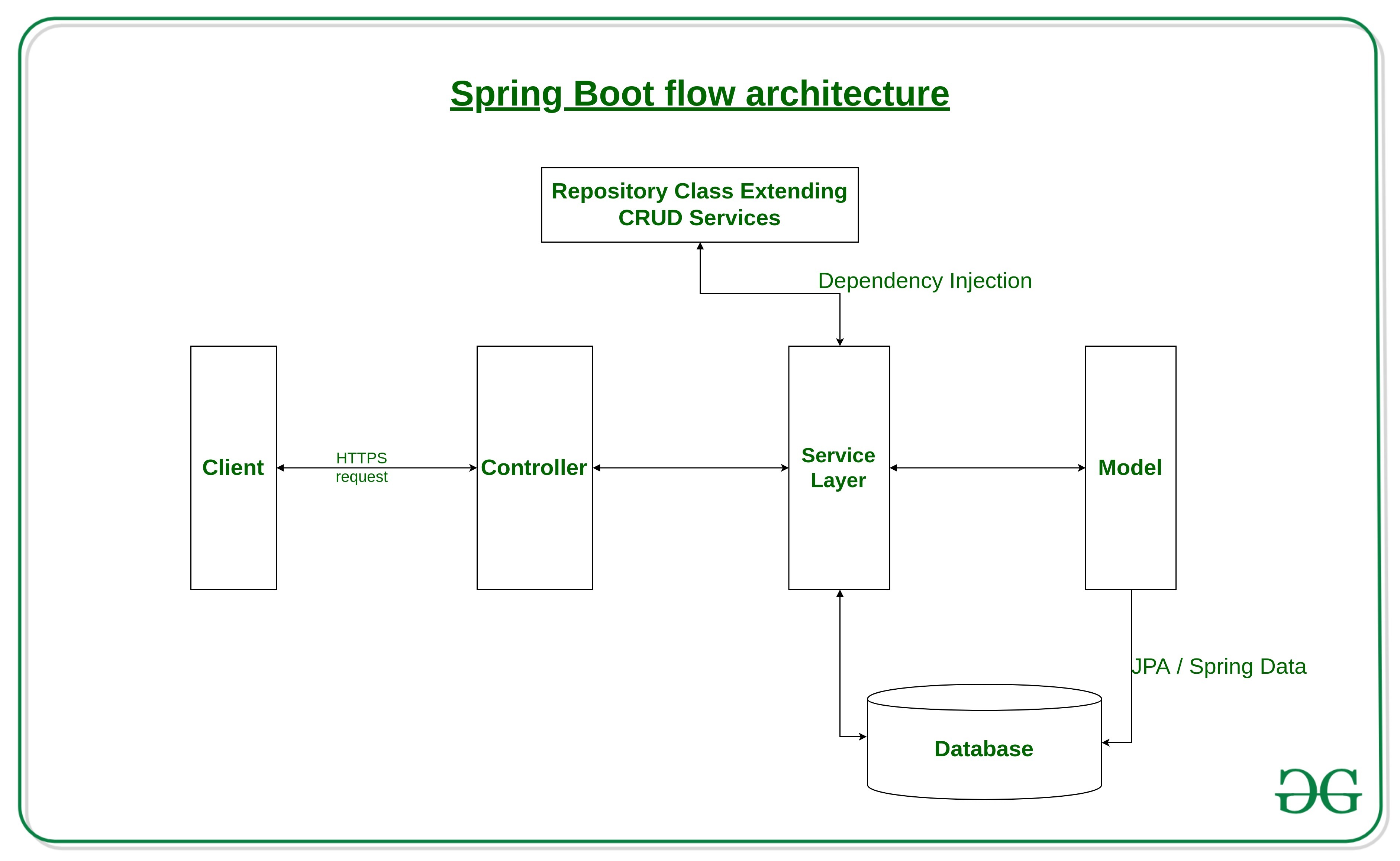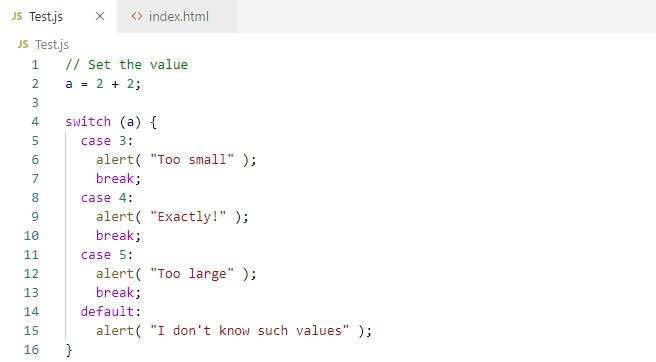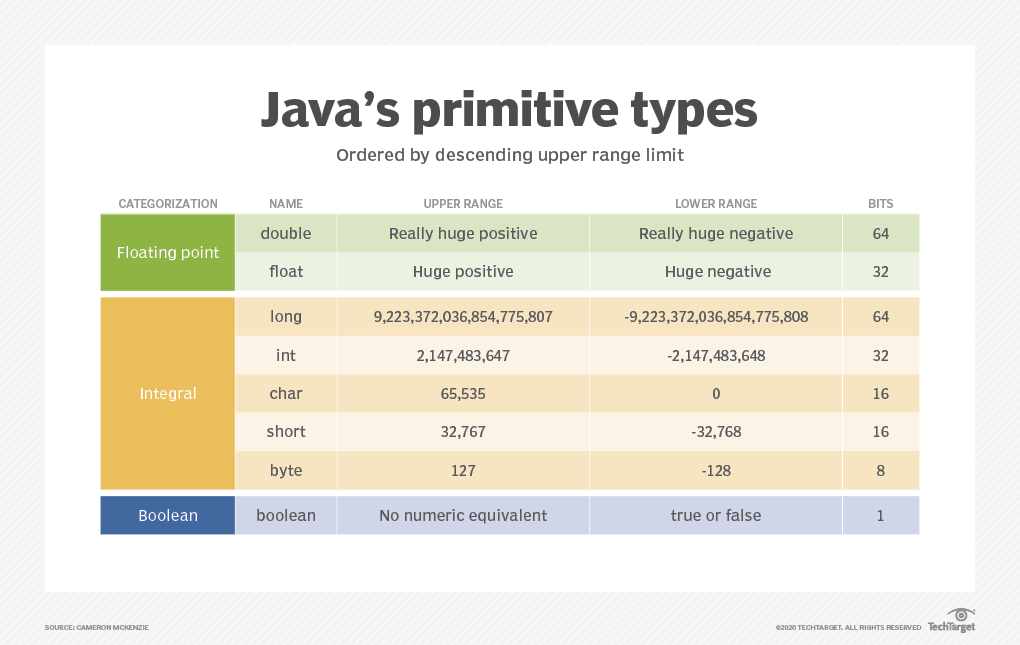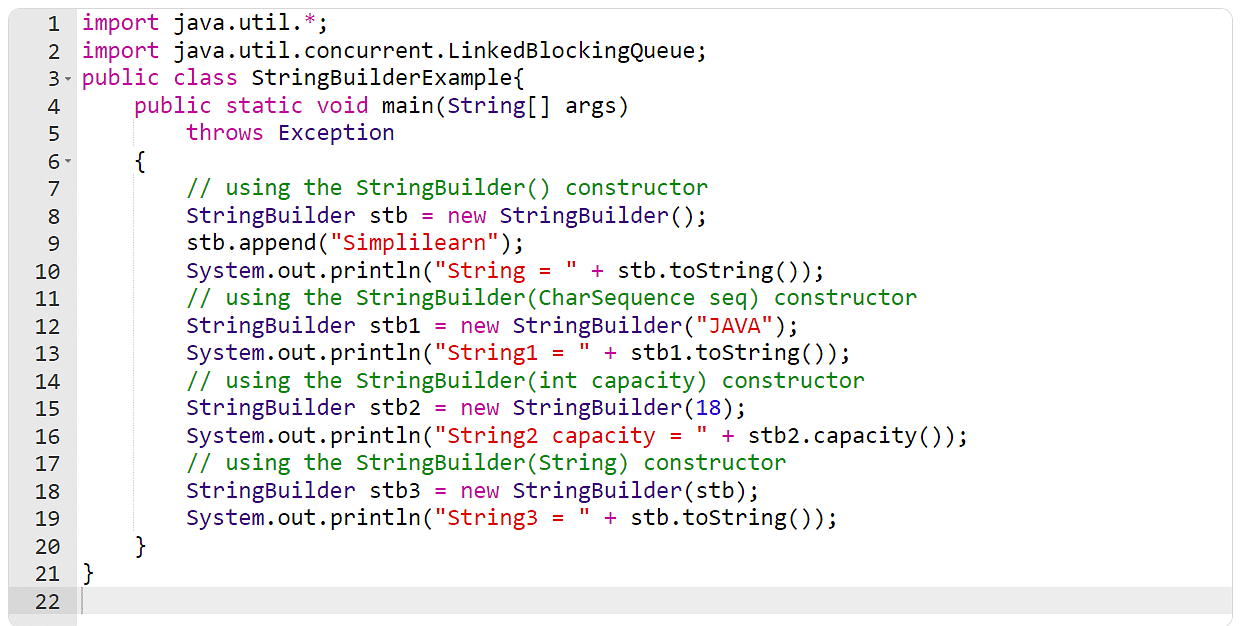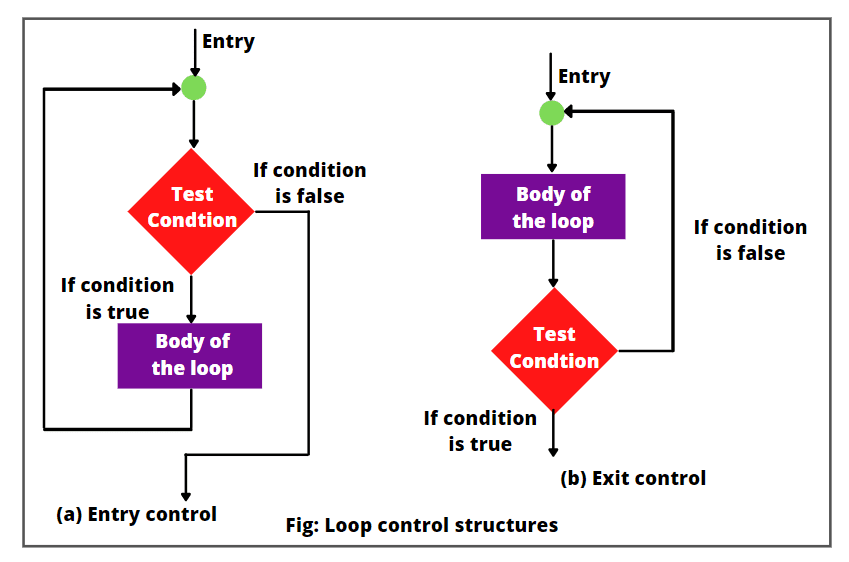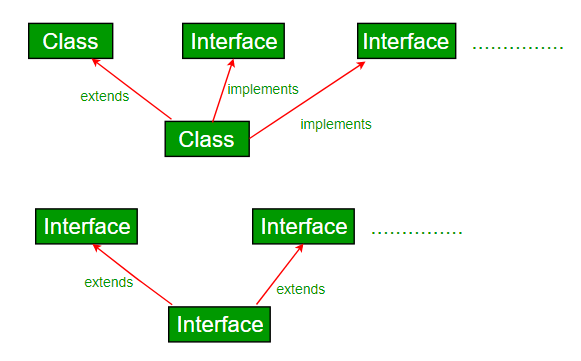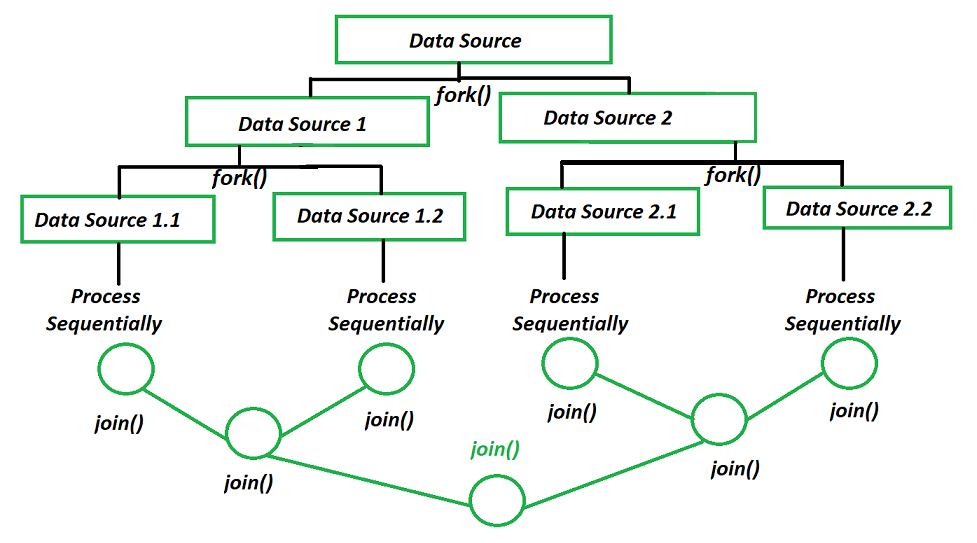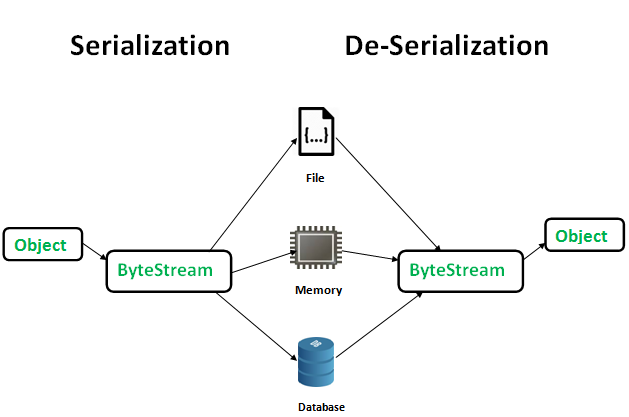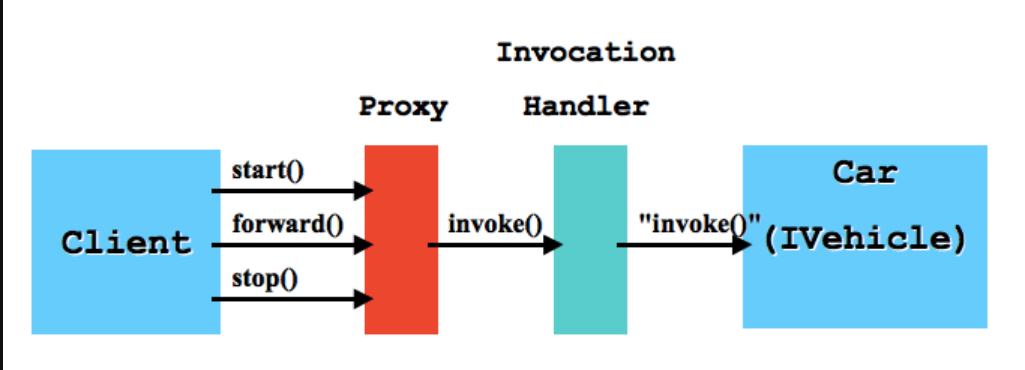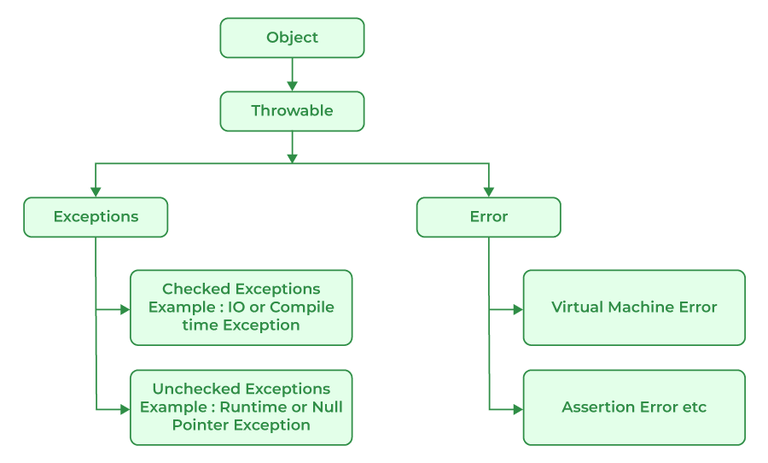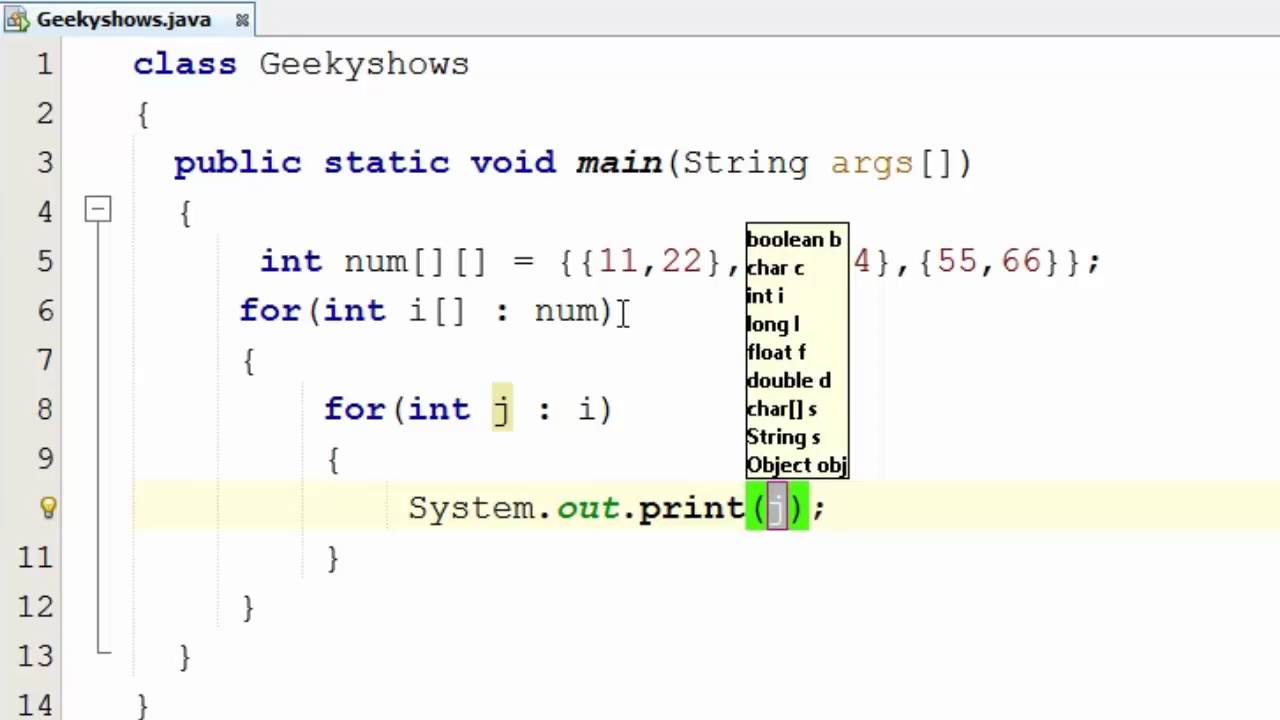What is the best algorithm for encryption and decryption in Java?
What is the best algorithm for encryption and decryption in Java?
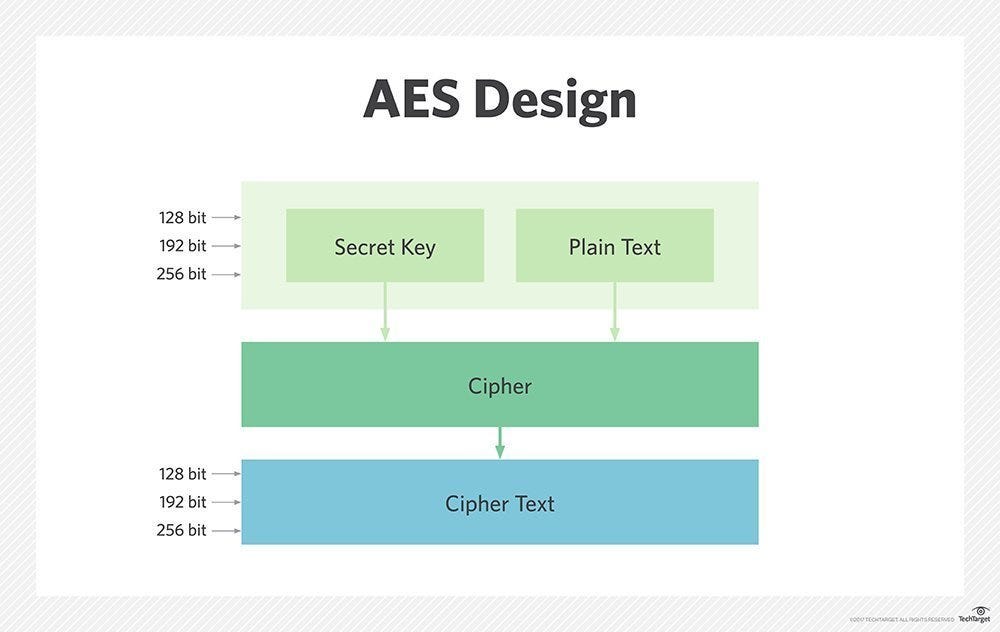
The age-old question of encryption and decryption!
In Java, there are several algorithms available for encrypting and decrypting data. The choice of algorithm depends on the specific requirements of your application, such as performance, security, and compatibility.
Here are some of the most widely used encryption algorithms in Java:

javax.crypto.Cipher class for using AES.
Example:
import javax.crypto.*;
import java.security.*;
public class AESEncryption {
public static void main(String[] args) throws Exception {
KeyGenerator keygen = KeyGenerator.getInstance("AES");
keygen.init(128);
SecretKey secretkey = keygen.generateKey();
Cipher cipher = Cipher.getInstance("AES");
cipher.init(Cipher.ENCRYPT_MODE, secretkey);
// Encrypt some data
String plaintext = "Hello, World!";
byte[] ciphertext = cipher.doFinal(plaintext.getBytes());
// Decrypt the data
cipher.init(Cipher.DECRYPT_MODE, secretkey);
byte[] decryptedtext = cipher.doFinal(ciphertext);
System.out.println(new String(decryptedtext));
}
}
java.security.KeyPairGenerator class for generating RSA key pairs.
Example:
import java.security.*;
import javax.crypto.*;
public class RSADecryption {
public static void main(String[] args) throws Exception {
KeyPairGenerator kpg = KeyPairGenerator.getInstance("RSA");
kpg.init(2048);
KeyPair kp = kpg.generateKeyPair();
// Encrypt some data using the public key
PublicKey pubkey = kp.getPublic();
Cipher cipher = Cipher.getInstance("RSA");
cipher.init(Cipher.ENCRYPT_MODE, pubkey);
String plaintext = "Hello, World!";
byte[] ciphertext = cipher.doFinal(plaintext.getBytes());
// Decrypt the data using the private key
PrivateKey privkey = kp.getPrivate();
cipher.init(Cipher.DECRYPT_MODE, privkey);
byte[] decryptedtext = cipher.doFinal(ciphertext);
System.out.println(new String(decryptedtext));
}
}
Example:
import javax.crypto.*;
import java.security.*;
public class DESEncryption {
public static void main(String[] args) throws Exception {
KeyGenerator keygen = KeyGenerator.getInstance("DES");
keygen.init(56);
SecretKey secretkey = keygen.generateKey();
Cipher cipher = Cipher.getInstance("DES");
cipher.init(Cipher.ENCRYPT_MODE, secretkey);
// Encrypt some data
String plaintext = "Hello, World!";
byte[] ciphertext = cipher.doFinal(plaintext.getBytes());
// Decrypt the data
cipher.init(Cipher.DECRYPT_MODE, secretkey);
byte[] decryptedtext = cipher.doFinal(ciphertext);
System.out.println(new String(decryptedtext));
}
}
Remember to always use secure random number generators when generating keys and to handle sensitive data carefully.
In conclusion, the choice of algorithm depends on your specific requirements. AES is a good all-around choice for symmetric encryption, while RSA is better suited for asymmetric encryption and digital signatures. DES is still supported but less recommended due to its relatively slow speed and lower security.
Disclaimer: This response was generated solely by an AI system, without human intervention or oversight. While the information provided is generally accurate and based on available data, it may not always be up-to-date, relevant, or applicable to specific situations. Use this information at your own discretion and risk!
What is the best encryption and decryption in Java?
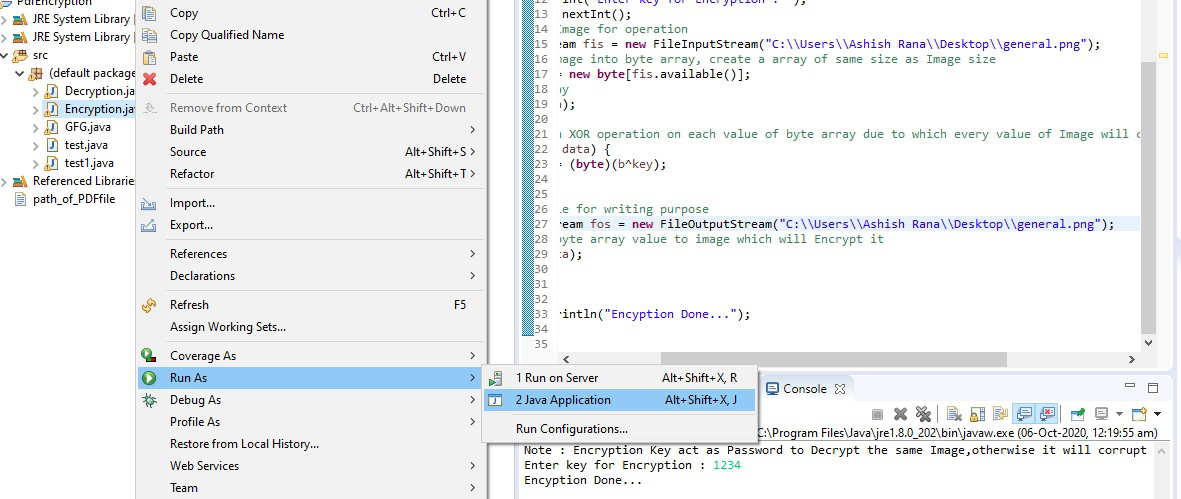
In Java, there are several encryption and decryption algorithms available for secure data transmission and storage. The choice of algorithm depends on the specific use case, security requirements, and performance considerations. Here's an overview of some popular ones:
Encryption Algorithms:
AES (Advanced Encryption Standard): AES is a widely used symmetric-key block cipher that provides strong encryption for sensitive data. In Java, you can use thejavax.crypto.Cipher class to encrypt data using AES with keys of 128, 192, or 256 bits.
Example:
RSA (Rivest-Shamir-Adleman): RSA is an asymmetric encryption algorithm suitable for key exchange and digital signatures. In Java, you can use theimport javax.crypto.Cipher;import javax.crypto.KeyGenerator;
import javax.crypto.SecretKey;
import java.security.SecureRandom;
// Generate a secret key
SecretKey secretKey = KeyGenerator.generateKey(128);
// Encrypt data using AES-128-CBC
Cipher cipher = Cipher.getInstance("AES/CBC/PKCS5Padding");
cipher.init(Cipher.ENCRYPT_MODE, secretKey);
byte[] encryptedData = cipher.doFinal(dataToEncrypt);
// Decrypt data using AES-128-CBC
cipher.init(Cipher.DECRYPT_MODE, secretKey);
byte[] decryptedData = cipher.doFinal(encryptedData);
javax.crypto.KeyPairGenerator class to generate RSA keys.
Example:
Blowfish: Blowfish is a symmetric encryption algorithm that provides decent security for sensitive data. In Java, you can use theimport javax.crypto.KeyAgreement;import javax.crypto.KeyPair;
import java.security.KeyPairGenerator;
// Generate a key pair using RSA-2048
KeyPairGenerator generator = KeyPairGenerator.getInstance("RSA");
generator.initialize(2048);
KeyPair keyPair = generator.generateKeyPair();
// Encrypt data using RSA-OAEP
Cipher cipher = Cipher.getInstance("RSA/OAEPWITHSHA1ANDMGF1PADDING");
cipher.init(Cipher.ENCRYPT_MODE, keyPair.getPublic());
byte[] encryptedData = cipher.doFinal(dataToEncrypt);
// Decrypt data using RSA-OAEP
cipher.init(Cipher.DECRYPT_MODE, keyPair.getPrivate());
byte[] decryptedData = cipher.doFinal(encryptedData);
javax.crypto.Cipher class to encrypt and decrypt data using Blowfish.
Example:
import javax.crypto.Cipher;import java.security.SecureRandom;
// Initialize a secure random number generator
SecureRandom secureRandom = SecureRandom.getInstance();
// Generate an encryption key
byte[] keyBytes = new byte[16]; // 128-bit key
secureRandom.nextBytes(keyBytes);
// Encrypt data using Blowfish-CBC
Cipher cipher = Cipher.getInstance("Blowfish/CBC/PKCS5Padding");
cipher.init(Cipher.ENCRYPT_MODE, new SecretKeySpec(keyBytes, "Blowfish"));
byte[] encryptedData = cipher.doFinal(dataToEncrypt);
// Decrypt data using Blowfish-CBC
cipher.init(Cipher.DECRYPT_MODE, new SecretKeySpec(keyBytes, "Blowfish"));
byte[] decryptedData = cipher.doFinal(encryptedData);
Decryption Algorithms:
AES (Advanced Encryption Standard): As mentioned earlier, AES is a widely used symmetric-key block cipher for encrypting and decrypting sensitive data. RSA (Rivest-Shamir-Adleman): RSA is an asymmetric encryption algorithm suitable for key exchange and digital signatures. Blowfish: Blowfish is a symmetric encryption algorithm that provides decent security for sensitive data.Best Practices:
Use secure random number generators: When generating keys or initialization vectors, use secure random number generators to avoid predictable patterns. Use adequate key sizes: Ensure the key size used for encryption and decryption meets your organization's security requirements. Implement proper padding schemes: Use secure padding schemes like PKCS5Padding (for AES) or OAEPWITHSHA1ANDMGF1PADDING (for RSA) to prevent attacks on block ciphers. Keep keys secret: Store encryption keys securely and never share them, as they can compromise the entire system.Remember to always follow best practices for secure coding, such as validating user input, using secure random number generators, and implementing proper error handling.
